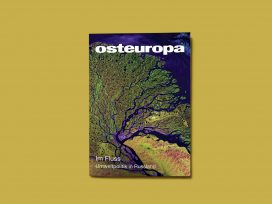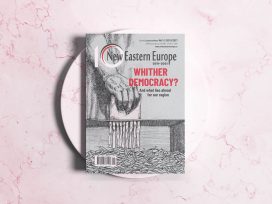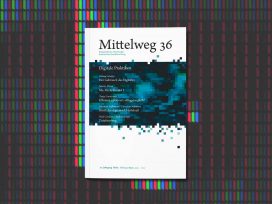‘Mittelweg 36’ takes a praxeological perspective on digital technology: how selfie culture has changed our actions and interactions; why digitization is a mixed blessing for women; and what datafication does with our everyday lives.
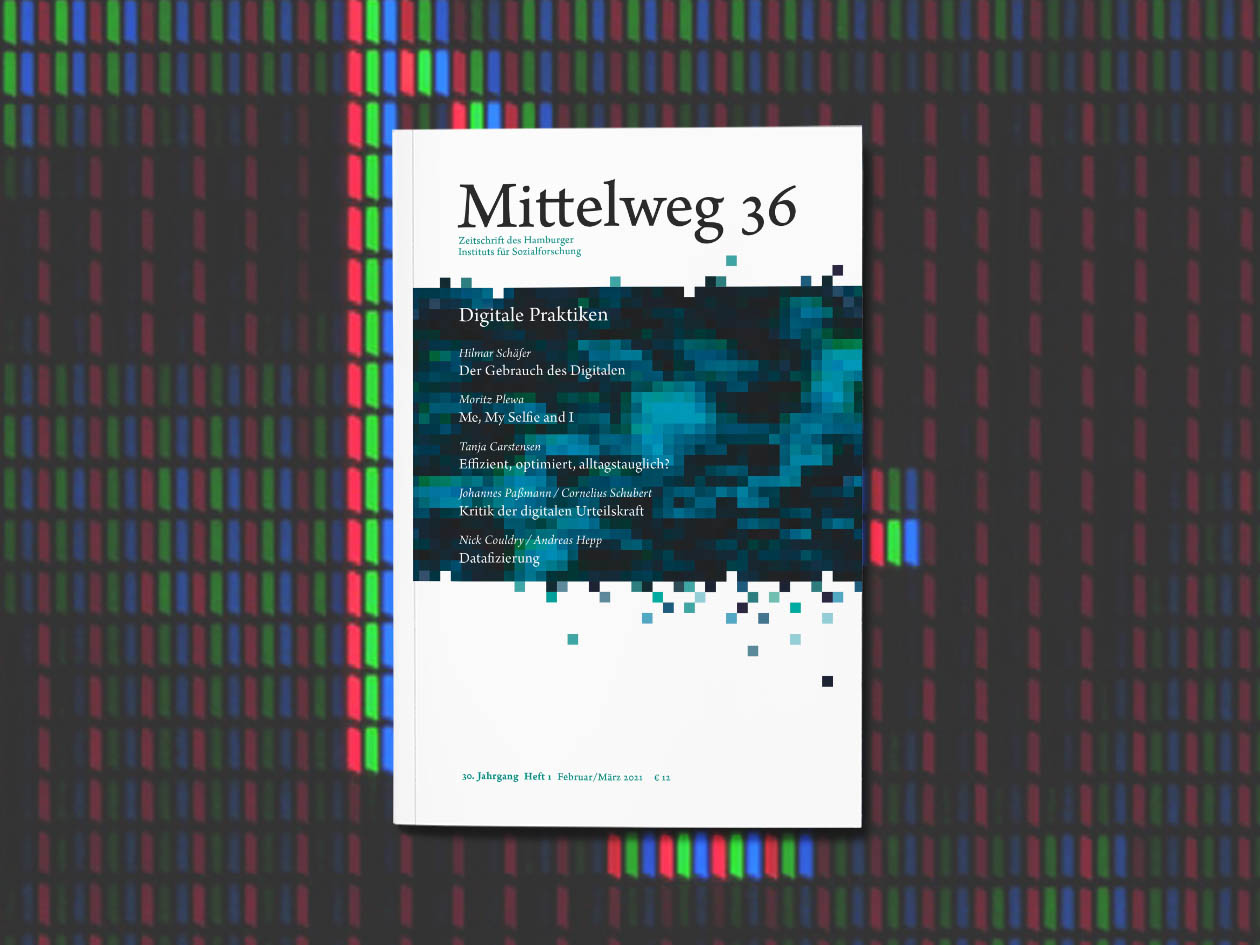
From Kodak to curated self
Whether at work or play, our gadgets have transformed how we think and interact with ourselves and each other. The selfie is the prime example. In ‘Me, Myself and I’, Moritz Plewa offers a genealogy of photographic practices throughout late modern culture. ‘The difference between analogue and digital photography cannot be determined by technological differences alone,’ he argues, but ‘must be sought in the changing of photographic practices.’
From early Kodak cameras, which enabled a ‘culture of experience’, to the more recent phenomena of the ‘curated self’, the demarcation between performativity and self-perception has become increasingly blurred. New theoretical approaches are needed to make sense of the ‘recording, post-producing, … viewing, evaluating and commenting digital self.’
Gender and digitization
Whilst technology affects us all, it does so in different and often unequal ways. By bringing domestic life and work into radical relief, COVID-19 has laid bare the facade of a work–life balance, especially for women.
In her article on ‘digital practices between gainful employment and care work’, Tanja Carstensen addresses the confluence of paid and unpaid work, gender and digitization. The latter, she argues, should be understood as a process anchored in our everyday lives and activities. Carstensen writes about the many challenges that women face as they juggle their professional and personal lives. While digital technology can make life easier, it can also ‘intensify, dynamize and radicalize the numerous demands that family and work life place on women’.
Constructed reality
Anyone concerned about the broader implications of the digital age and the way the everyday is constructed in and through media will find Nick Couldry’s and Andreas Hepp’s article on ‘datafication’ compelling (if worrisome) reading. Building on the work of their 2017 book The Mediated Construction of Reality, they describe how, by compiling abstract categories in increasingly abstract ways, big data complexes are increasingly reshaping everyday life.
In addition to mapping the complex constellations of today’s digital interdependencies, Couldry and Hepp are concerned with questioning and challenging the dominance of ‘datafication’ (the transformation of aspects of our lives into data). Yet, as they point out, ‘big data is not an independent reality outside of the social world, but something that is deeply interwoven with everyday worlds of experience.’ If it all sounds a bit abstract, then one need only think of the power and efficacy of algorithms in entrapping people within cultural or ideological bubbles that reinforce, rather than challenge, their interests, perspectives or political views.
This article is part of the 4/2021 Eurozine review. Click here to subscribe to our weekly newsletter to get updates on reviews and our latest publishing.
Published 3 March 2021
Original in English
First published by Eurozine
© Eurozine
PDF/PRINTNewsletter
Subscribe to know what’s worth thinking about.
Related Articles

The imprisoned Belarusian opposition politician Maria Kalesnikava has been in a critical condition since the end of November. In October she was awarded an honorary professorship at the University of Salzburg. The philosopher Olga Shparaga, a fellow member of the exiled Coordination Council, pays tribute to a feminist legend.
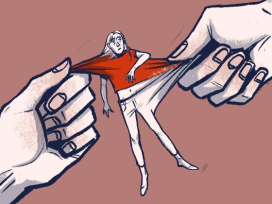
While opportunities to denigrate one’s own physical appearance abound from an early age, eating disorders remain surrounded by stigma and lack an adequate vocabulary. From high school to pandemic isolation, a Romanian woman recounts eight years of grappling with anorexia.
